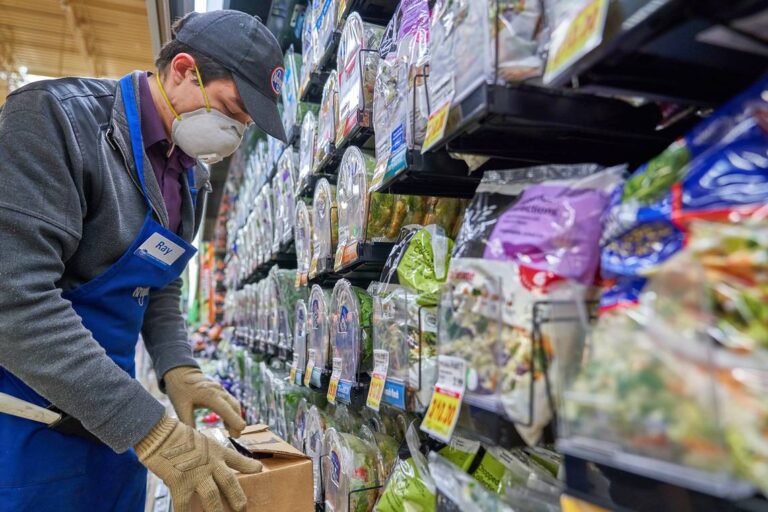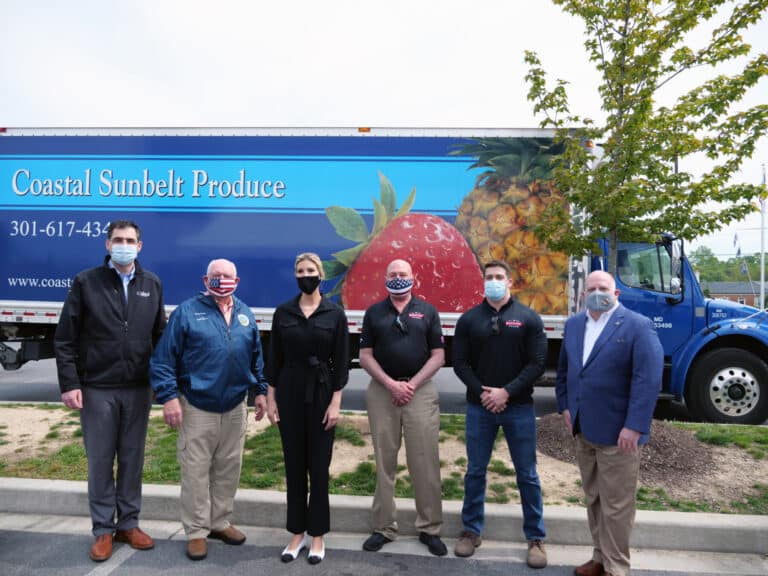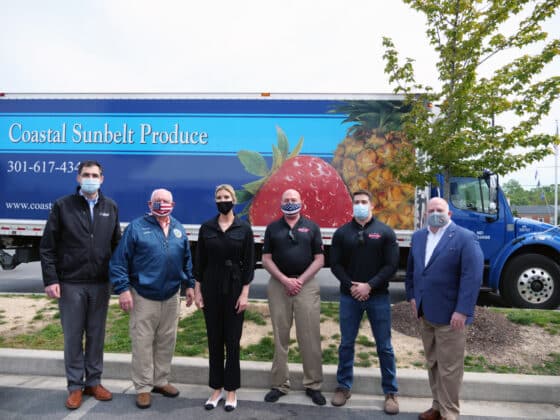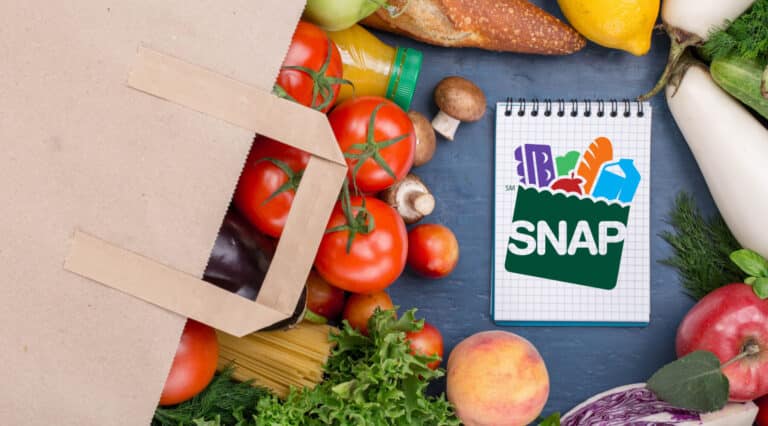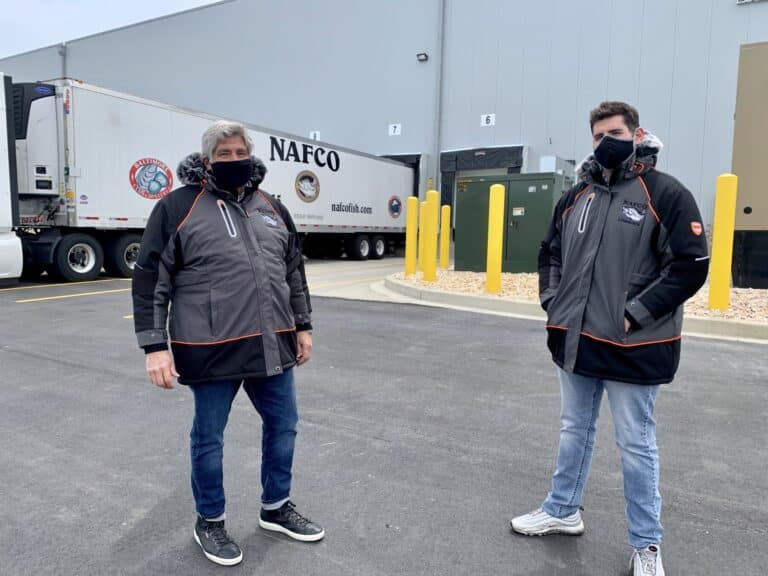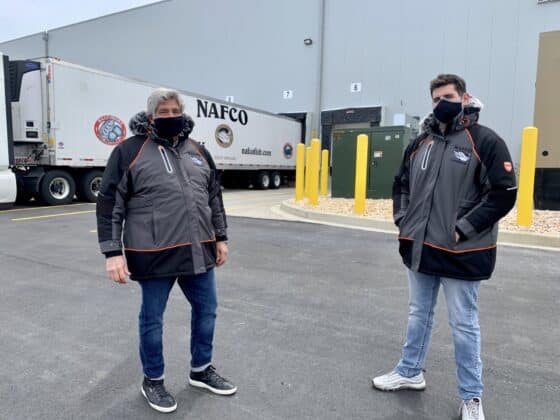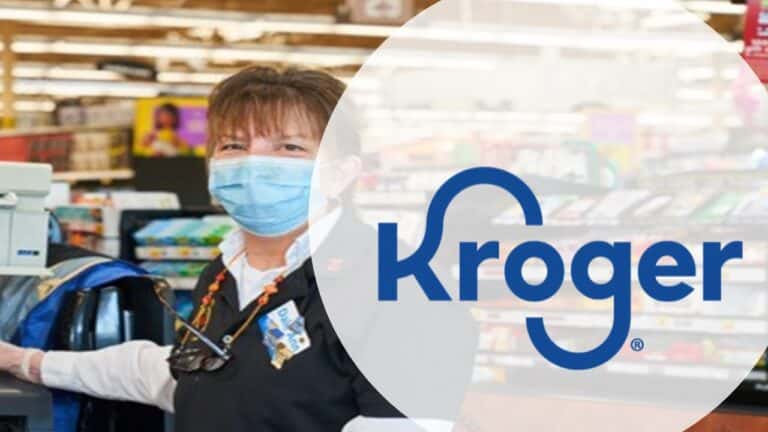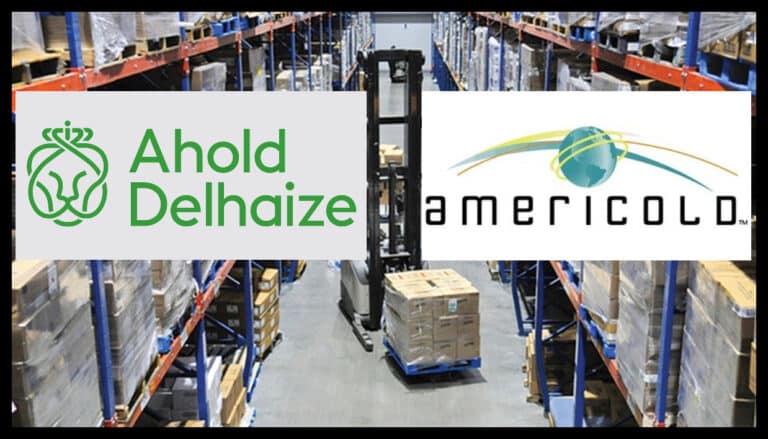With all 50 states now easing their stay-at-home restrictions (to greatly varying degrees), food retailers are pondering what their “new normal” might look like in the wake of flattening food sales and skyrocketing unemployment.
Some retailers have viewed the easing of those state “shelter in place” mandates as an indicator that their temporary bonus pay programs for their associates should also be ended. When Kroger ended its $2 per hour “hero pay” bonus on May 17, it became the first retailer to end the temporary increased compensation. Kroger associates will also be receiving a one-time $130 million “thank you” appreciation bonus that will pay $400 for qualified full-time associates and $200 for qualified part-time associates.
While no other retailer has officially ended their bonus pay programs with their associates, some said they were waiting until the end of the month to assess whether to extend the extra reward plan. However, late last week, Target said it would continue to pay its associates $2 an hour through July 4, the longest extension of any publicly-traded firm.
Mark Perrone, president of the UFCW International, which estimates that at least 68 of its members have died and more than 10,000 have been infected by the coronavirus, strongly disagreed with Kroger’s decision and urged other retailers to not end their bonus pay programs.
During a national press conference on May 20, Perrone addressed the ending of bonus pay by certain retailers: “As this pandemic continues, the threat of this virus is real across every grocery store in America. Yet, most states and supermarket chains are still failing to enforce social distancing or mask wearing in stores to keep customers and workers safe. Even worse, Walmart, Whole Foods, Trader Joe’s and Kroger have failed to release internal numbers on workers’ deaths, infections and exposure. (The first three retailers are non-union, Kroger is organized). Amazon even fired workers brave enough to speak out. “Amazon, Whole Foods, Kroger and other companies have shamefully announced pay cuts for millions of these workers on the front lines, even as each company experiences record sales. When workers face higher risks, they should be paid more. These workers are not facing fewer hazards, and are still putting themselves in harm’s way, interacting with thousands of customers a day, to help ensure our families have the food we need.
“While we hope some of these companies do change and follow the lead of other national companies like Albertsons and Ahold who acted responsibly to extend this hazard pay, we are preparing options to ensure that every American knows which supermarket companies stood by their workers and their families and which did not. American consumers and workers deserve better and we will continue to stand with them.”
And as the country begin to open up more segments of the economy there are new and ongoing concerns which will certainly impact food retailers. Unemployment for April reached a staggering 14.7 percent (probably 5 percent higher if you factor in uncounted categories), the biggest job loss since the Great Depression and over the past six weeks, a staggering more than 38 million Americans have filed for unemployment.
Total retail sales sank 16.4 percent last month, the largest monthly decline ever. That followed an 8.3 percent drop in March. And if it weren’t for significant increases in retail food purchases (both in-store and online), that decrease would have been greater.
Viewing just food and beverage stores in April, sales increased 12 percent from the corresponding period in 2019, but declined 13.1 percent from March, according to estimates from the U.S. Census Bureau. The month-over-month decrease indicates a dip in sales gains of 29.3 percent year-over-year and 26.9 percent month-to-month in March, when consumers raced to stores in all food channels (especially online) to purchase and hoard grocery items, especially essential products.
Additionally, the U.S. Department of Labor reported that grocery prices rose 2.6 percent in April, the largest such increase in 46 years. Not surprisingly, proteins (meat, poultry, seafood, and eggs) experienced the greatest increases (4.3 percent) while produce prices increased 1.5 percent.
John Furner, CEO of Walmart’s U.S. stores, told the Wall Street Journal that he regards the company’s biggest challenges as keeping his stores open and accelerating Walmart’s rapidly evolving shift to increased e-commerce. Walmart’s recently released Q1 financials revealed that U.S. comp store sales were up 10 percent and online-driven revenue was up an impressive 74 percent. At Target, digital revenue also skyrocketed 141 percent.
In what perhaps will be a signal of long-term shopping behavior – online vs. bricks & mortar – and the advantage of Walmart’s platforms, Furner noted that “one of the advantages Walmart has is the store footprint, and layered on the footprint is the ability for shoppers to come in, buy off the shelf, pick up or have things delivered. Customers will continue to come back and return to shop either online or in-store as long as we deliver. It’s really the nature of being an omnichannel retailer that has helped Walmart in the last few months.”
And then there are the cold hard numbers – as of May 23, there were more than 5.2 million positive cases detected globally with over 339,000 deaths. In the U.S. more than 1.6 million people have been infected resulting in nearly 96,000 deaths. It’s clear that a pivot in consumer behavior is occurring and retailers are concerned but quietly confident about their ability to meet the next level of challenges.
“We continue to keep our heads down and deal with the issues that we can control,” said the president of a metro NY-based regional retailer. “Supply chain problems and associate and customer safety concernswere challenges we worked hard to overcome and in large part have been successful. All bets are off when it comes to unemployment and a sliding economy. Not every retailer will survive.”


